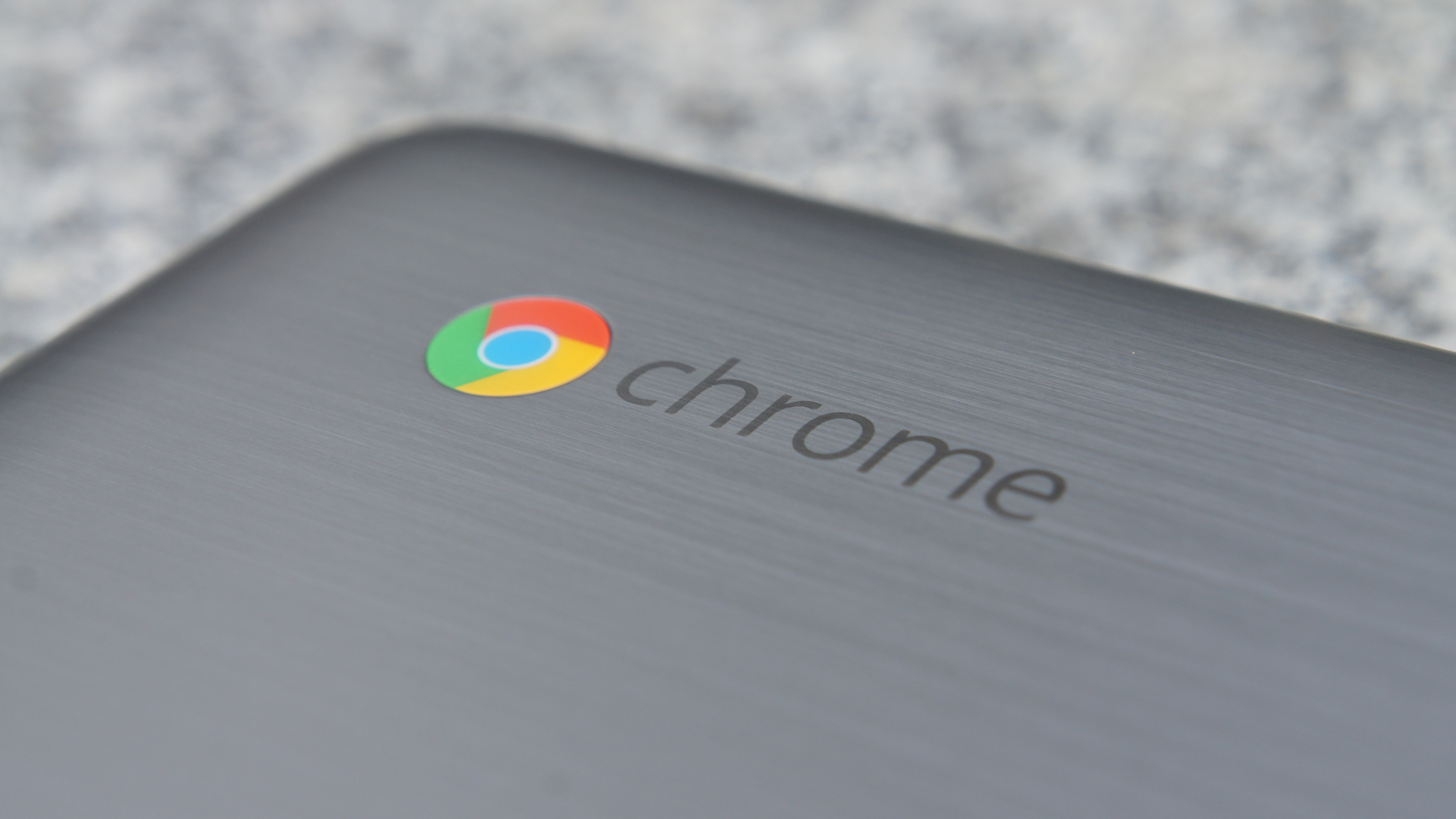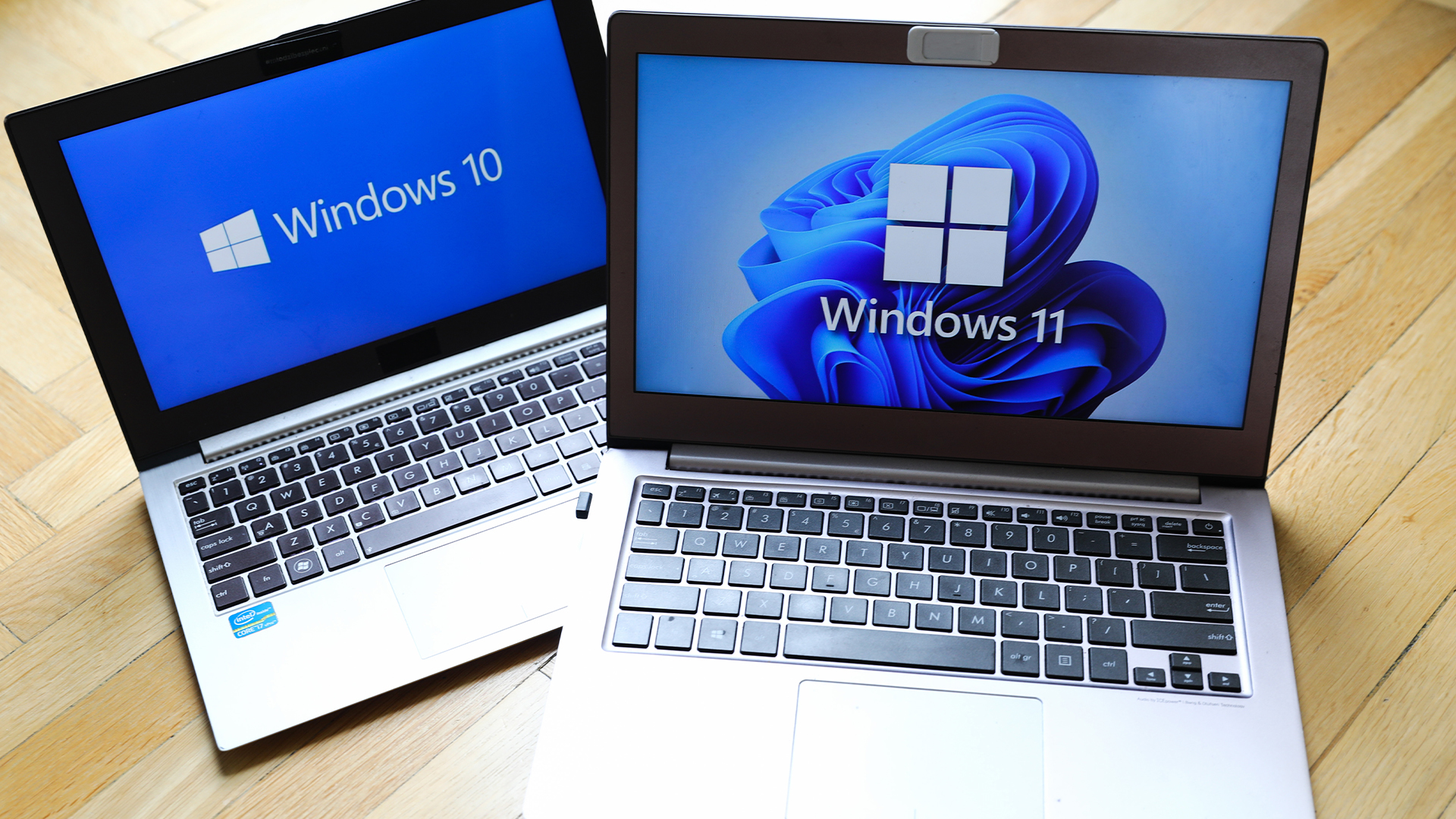Goodbye Windows Update, hello Chromebook
Sorry Microsoft, I've gone to the dark side – my newest laptop is a Chromebook


Microsoft may not have many fervent fans these days, but plenty of people still use Windows.
Indeed, a third of all PCs run Windows 10, and four in ten run Windows 7, according to Net Applications. Most of the computers in my own home run Redmond-made code: for example, my desktop PC runs Windows 10, as does my "good" laptop, a Dell XPS.
For working on the go, I also have what I call a netbook. That's no insult. Netbooks have been the brightest idea from the computing industry so far this century, and I'll fight anyone who disagrees. The Asus X205T that I lovingly call my netbook isn't quite as cheap and cheerful as the original Asus Eee PC, but it's quite a bit more useful. Well, it was... we'll get to that.
The bulk of my job is made up of three things: typing (be it emails, transcribing interviews, or finally bashing out an article such as this one), online research (also known as "Googling" and "reading Twitter") and talking to people on the phone or via Skype. My preferred setup for this is at my desk, with a proper PC, dual monitors and a keyboard that I'm so accustomed to typing on that if it ever broke my output would fall by a third.
But that's when I'm at home. When I'm out in the world, my needs change: rather than a perfect pair of monitors and my favourite keyboard, I need a lightweight device with a long battery life and a display I can read in the sun. This being London, where bags are stolen with some regularity, and me being a klutz, it's best if my on-the-go netbook is as cheap and easily replaceable as possible.
My little red Asus netbook fit that bill perfectly. I've dropped it down the stairs, yet it still continues to work. It's not the hardware that's the problem indeed, after nigh-on three years, the casing is a bit worn and a screw is missing, but it remains fully functional.
No, the problem is Microsoft and Windows Update. I often don't use my little laptop for days or weeks even why leave the house if I don't have to? On the way out the door, I'll hastily grab it to do some transcription on my journey, one silver lining to living a 40-minute train journey from anywhere I would like to be. After plonking myself down into a seat, I crack the laptop open only to see that Windows is installing updates.
Sign up today and you will receive a free copy of our Future Focus 2025 report - the leading guidance on AI, cybersecurity and other IT challenges as per 700+ senior executives
This raises problems aside from forcing me to sit and wait while the update runs. My netbook has a limited amount of storage space built in, meaning I need to plug in an SD card to install some updates. Sometimes even that doesn't work; the update downloads, but then won't install for obscure reasons. When the update has run just fine, my Broadcom driver disappears, so Wi-Fi no longer works, meaning I need to go online on my PC at home, download the new driver, and pop it over on a USB drive a wee bit challenging when I'm on a train headed in the opposite direction.
Windows 10 was supposed to fix Microsoft's Update woes, and the company has even turned to AI to make them run more smoothly. But, after every major update that rolls out, there are headlines about bugs and flaws. Waiting to install a few weeks is often a wise choice.
I could turn Windows Update off, and risk life online without a patched operating system. I could carry a USB stick with the relevant Broadcom driver on it, just in case. Or I could give up on my Windows netbook and get a Chromebook.
Of course, I went for the latter option: after all, why live a life of kludges and frustration when for just shy of 200 I can live the life of "pick up and go" computing that I always envisioned? There are downsides, of course. I need to learn new shortcuts and figure out some of the odd file-management decisions Google has made. But when I'm on the way out of my home office into the world, I know my netbook will just work which means I can, too.
Freelance journalist Nicole Kobie first started writing for ITPro in 2007, with bylines in New Scientist, Wired, PC Pro and many more.
Nicole the author of a book about the history of technology, The Long History of the Future.
-
 Will autonomous robotics leap forward in 2026?
Will autonomous robotics leap forward in 2026?In-depth Connectivity and cost benefits remain barriers, despite breakthroughs in physical AI
-
 AWS and NTT Data team up to drive legacy IT modernization in Europe
AWS and NTT Data team up to drive legacy IT modernization in EuropeNews Partnership between AWS and NTT DATA aims to boost AWS European Sovereign Cloud capabilities
-
 Windows 10 extended support costs could top $7 billion
Windows 10 extended support costs could top $7 billionNews Enterprises sticking with Windows 10 after the October deadline face huge costs
-
 Tiny11 review: Windows 11 with only 2GB of RAM
Tiny11 review: Windows 11 with only 2GB of RAMReview A version of Windows 11 for older machines that don't meet the full requirements
-
 Red Hat Enterprise Linux becomes foundational operating system for Cohesity Data Cloud
Red Hat Enterprise Linux becomes foundational operating system for Cohesity Data CloudNews New strategic partnership between Red Hat and Cohesity aims to drive innovation in the data security and management space
-
 Ubuntu shifts to four-week update cycle
Ubuntu shifts to four-week update cycleNews Critical fixes will also come every two weeks, mitigating the issues involved with releasing prompt patches on the old three-week cadence
-
 AlmaLinux follows Oracle in ditching RHEL compatibility
AlmaLinux follows Oracle in ditching RHEL compatibilityNews Application binary compatibility is now the aim with 1:1 now dropped
-
 How big is the Windows 10 cliff-edge?
How big is the Windows 10 cliff-edge?ITPro Network With some comparing the upcoming Windows 10 end of life to Windows XP, we ask members of the ITPro Network for their insight
-
 Everything you need to know about the latest Windows 11 updates - from bug fixes to brand-new features
Everything you need to know about the latest Windows 11 updates - from bug fixes to brand-new featuresNews Two new cumulative updates are on the way and will be installed automatically on Windows 10 and Windows 11 machines
-
 How to download a Windows 11 ISO file and perform a clean install
How to download a Windows 11 ISO file and perform a clean installTutorial Use a Windows 11 ISO to install the operating system afresh
